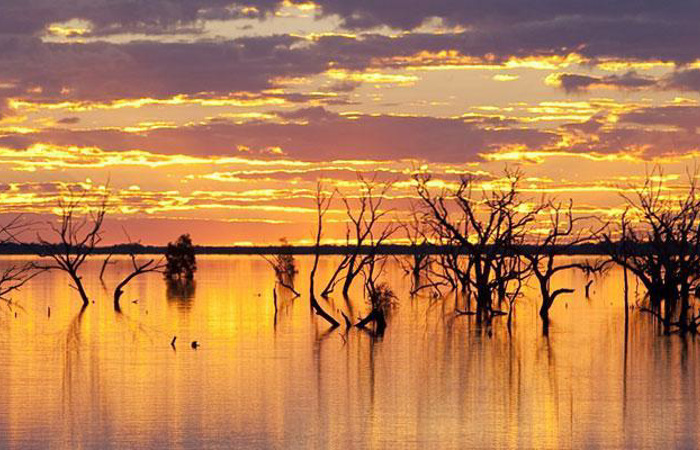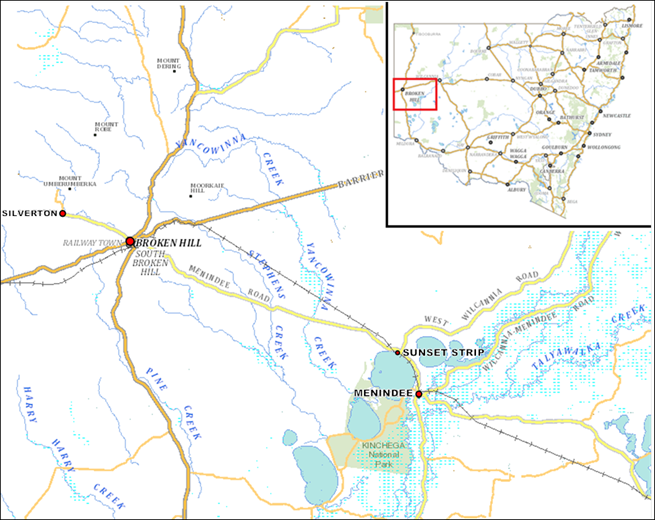
Integrated Water Cycle Management Strategy
We are in the process of refreshing our Integrated Water Cycle Management (IWCM) Strategy which aims to provide direction for the future water and wastewater service needs out to 2051 in a balanced and sustainable manner.
We invited feedback from customers and stakeholders on our draft strategy. Submissions closed on 13 December 2024.
Disclaimer: The financial information provided in this document is accurate as of June 2022. However, please note that these figures are subject to change and may not reflect the most current data.
We are currently reviewing customer and stakeholder feedback to inform the final update to the IWCM. The updated IWCM will then be submitted to the NSW Department of Climate Change, Energy, the Environment and Water for approval. We will then publish the finalised IWCM Strategy on our website.
What is Integrated Water Cycle Management?
The NSW Government requires local water utilities to prepare and implement a 30-year IWCM Strategy. The strategy must be evidence-based and consider the relationship between the urban water cycle (water supply and sewage) and community expectations. The aim of the IWCM Strategy is to ensure urban water services are appropriate, affordable, and sustainable while meeting community needs and protecting public health and the environment.
IWCM helps to identify water management strengths and problems; to address these problems; to determine the appropriate management responses; and to manage the impacts so that social, environmental, and economic objectives are met.
The current strategy was created in 2022.
What areas are included in the Integrated Water Cycle Management?
The IWCM Strategy covers the water supply and sewer catchment of the Essential Water network. The IWCM covers the water supply and sewer catchments of Essential Water including Broken Hill and surrounding townships of Menindee, Silverton, Sunset Strip as well as bulk water transfer pipeline customers.
Essential Water serviced communities

Where does our water come from?
Our region is the most arid in the state and experiences extreme climatic variations including more frequent droughts than coastal areas.
Historically the Broken Hill town water supply was dependent on water sourced from the Darling River and pumped to Broken Hill via more than 120 km of pipeline. In 2019, the Darling River supply source was replaced by the Murray River via a 280 km pipeline and 760 megalitre bulk water storage connecting the Murray River at Wentworth to Broken Hill Water Treatment Plant. The Menindee town water supply is still sourced from the Darling River.
Communities served by Essential Water
|
Community |
Water supply scheme |
Sewerage service |
Water Source |
|
Broken Hill |
Broken Hill Potable Water Supply Scheme Broken Hill Non-Residential Non-Potable Water Supply Scheme |
Broken Hill Sewerage Scheme |
Murray River |
|
Silverton |
Silverton Chlorinated Non-Potable Water Supply Scheme |
On-site sewage management systems |
Murray River |
|
Menindee |
Menindee Potable Water Supply Scheme |
On-site sewage management systems |
Darling River |
|
Sunset Strip |
Sunset Strip Chlorinated Non-Potable Water Supply Scheme |
On-site sewage management systems |
Murray River |
|
Rural pipelines |
Untreated - Non-Potable Water Bulk Water Pipeline |
On-site sewage management systems |
Murray River Stephens Creek Reservoir |
What is water security?
Water security is about our community having access to an adequate, reliable, and resilient quantity and quality of water for health, livelihoods, ecosystems, and productive economies.
Initiatives identified in the IWCM Strategy
The IWCM has identified several short to medium term initiatives to ensure Essential Water continue to provide high quality water and wastewater services. These include:
- Replacement of the Wills St and South STP’s (Short term – in progress)
- Investigate the feasibility and options to provide potable water supply to Silverton (Medium term)
- Improving reticulated water reliability at Menindee. (Medium Term)
There are a number of longer-term initiatives that have been identified including:
- Review of reticulated water reliability at Broken Hill including optimising ongoing utilisation of Stephens Creek reservoir
- Increased water mains renewal
- Increases sewer reticulation pipeline renewal.
Essential Water are now reviewing community and stakeholder feedback on these initiatives.
